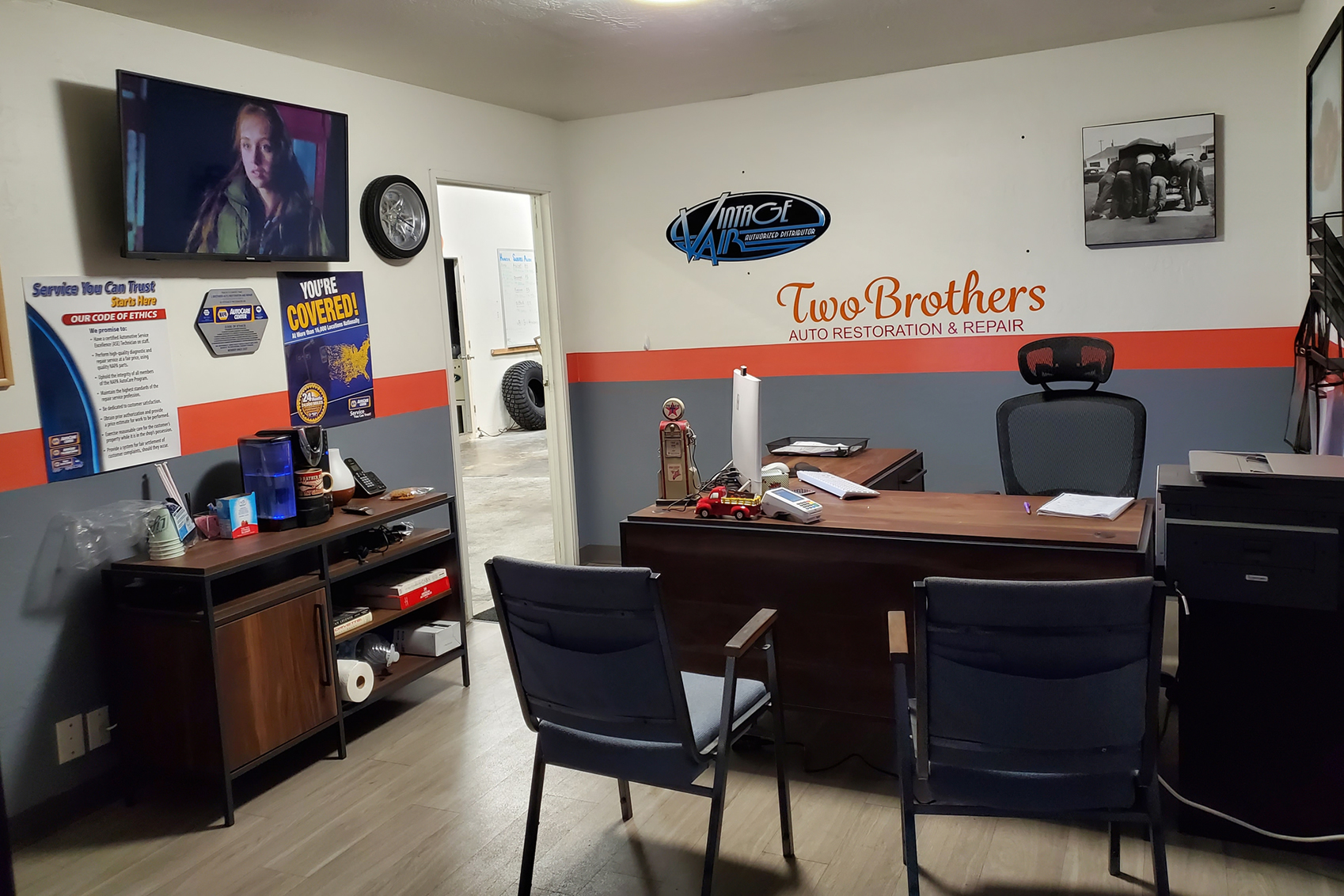The Ultimate Guide to Auto Repair and Vehicle Tuning

If you're a car enthusiast or just a regular driver looking to maintain or upgrade your vehicle, understanding auto repair and vehicle tuning can be incredibly beneficial. By taking care of your car and making improvements, you can prolong its lifespan, improve its performance, and even increase its resale value. In this ultimate guide to auto repair and vehicle tuning, we'll cover everything you need to know to keep your car in top condition and make it perform at its best.
Understanding the Basics of Auto Repair
Auto repair involves fixing and maintaining various components of your vehicle to keep it running smoothly and safely. From routine maintenance tasks like oil changes and brake inspections to more complex repairs like engine diagnostics and transmission work, auto repair is essential for the overall health of your car. By staying on top of maintenance and addressing issues as they arise, you can prevent more expensive problems down the line.
When it comes to auto repair, it's important to have a reliable mechanic you can trust. Finding a reputable shop or technician who has experience working on your specific make and model of car is crucial. Ask for recommendations from friends, read online reviews, and don't be afraid to ask questions about their qualifications and experience. Establishing a good relationship with your mechanic can make the auto repair process smoother and more efficient.
Performing Routine Maintenance
One of the key aspects of auto repair is performing routine maintenance on your vehicle. This includes tasks like changing the oil, checking and replacing filters, inspecting brakes, and rotating tires. By following your car manufacturer's recommended maintenance schedule, you can prevent major issues from arising and keep your car running smoothly for years to come.
Regular oil changes are perhaps the most important maintenance task you can perform for your vehicle. Engine oil lubricates moving parts, reduces friction, and helps regulate engine temperature. Over time, oil breaks down and becomes less effective, so it's crucial to change it regularly to prevent damage to your engine. Most experts recommend changing your oil every 3,000 to 5,000 miles, but check your owner's manual for specific recommendations for your car.
In addition to oil changes, regularly checking and replacing air filters, spark plugs, and other components can help keep your car running efficiently. Dirty filters can restrict airflow to the engine, causing it to work harder and reducing fuel efficiency. By keeping these components clean and in good condition, you can improve your car's performance and save money on fuel costs in the long run.
Upgrading Your Vehicle Through Tuning
While auto repair focuses on keeping your car in good working order, vehicle tuning involves making modifications to improve performance, handling, and overall driving experience. Tuning can range from simple upgrades like adding a performance air filter or exhaust system to more complex modifications like installing a turbocharger or upgrading suspension components. Whether you're looking to enhance speed, power, or aesthetics, there are countless tuning options available for all types of vehicles.
One popular tuning modification is upgrading the exhaust system. A high-performance exhaust system can increase horsepower, improve fuel efficiency, and give your car a more aggressive sound. By replacing the stock exhaust with a larger diameter pipe and high-flow mufflers, you can reduce back pressure and allow exhaust gases to flow more freely, resulting in better performance.
Another common tuning upgrade is installing a cold air intake system. Cold air intakes deliver cooler, denser air to your engine, which can increase horsepower and torque. By replacing the stock air filter with a high-flow aftermarket filter and carefully designed intake tube, you can improve engine efficiency and responsiveness. Cold air intake systems are relatively easy to install and can provide noticeable performance gains for a relatively low cost.
Choosing the Right Tuning Parts and Equipment
When it comes to tuning your vehicle, it's important to choose the right parts and equipment for your specific make and model. Different cars have different requirements and limitations when it comes to tuning, so it's crucial to do your research and consult with a knowledgeable tuner or mechanic before making any modifications. Investing in high-quality tuning parts and equipment can ensure that your car performs at its best and remains reliable and safe for everyday driving.
One key factor to consider when choosing tuning parts is compatibility with your vehicle's existing components. Some aftermarket parts may not be compatible with your car's engine, transmission, or other systems, which can lead to costly repairs or performance issues. It's always best to consult with a professional tuner or mechanic who has experience working on your specific make and model to ensure that the parts you choose will work properly with your vehicle.
In addition to compatibility, it's important to consider the quality and reputation of the tuning parts and equipment you're considering. Look for brands that have a good reputation for performance, reliability, and customer support. While price is certainly a factor, it's worth investing in higher-quality parts that will provide better results and last longer than cheaper alternatives. By choosing the right tuning parts and equipment for your car, you can achieve the performance gains and aesthetic enhancements you desire without compromising on quality or safety.
Wrapping Up
Auto repair and vehicle tuning are essential aspects of maintaining and improving your car. By performing routine maintenance tasks, addressing issues as they arise, and making strategic upgrades, you can keep your vehicle running smoothly and performing at its best. Whether you're a car enthusiast looking to boost performance or simply want to keep your car in top condition, understanding the basics of auto repair and tuning can help you achieve your goals. By following the advice in this ultimate guide, you can ensure that your car remains reliable, safe, and enjoyable to drive for years to come.

